Managing symptoms and changes
Strategies to manage symptoms
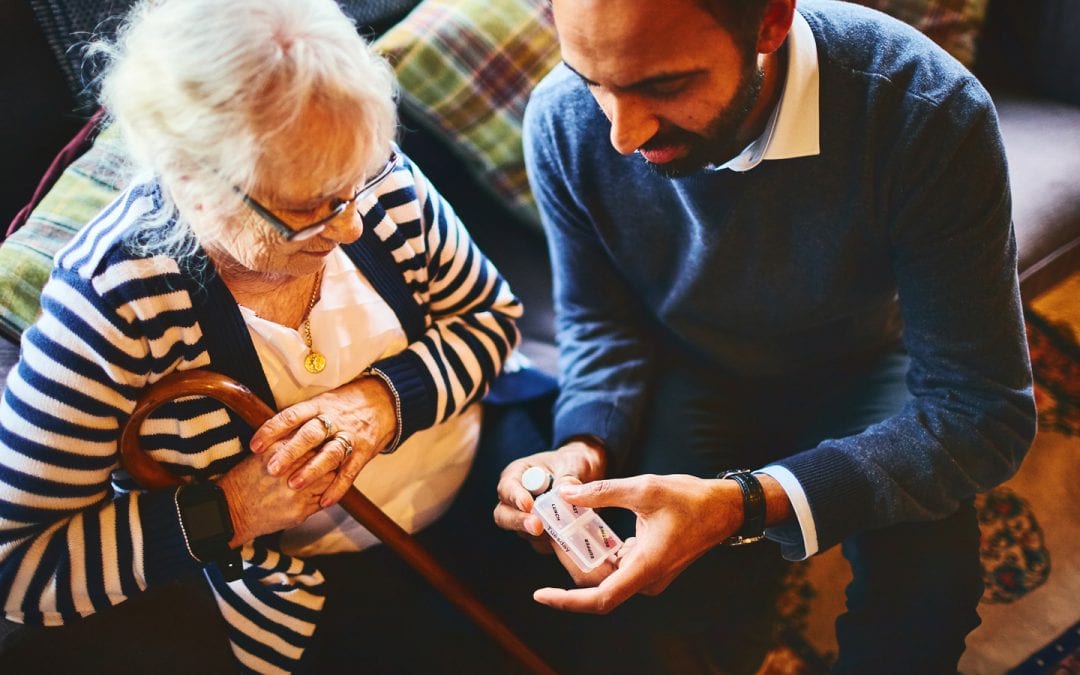
Sharing a dementia diagnosis
When someone you know and may be close to is given a diagnosis of dementia, it can be difficult to know whether to tell other people. You may want to protect the person you support, or you may be worried about how people will react.

Extra resources for social prescribers
References and resources compiled with the kind co-operation of the Forward with Dementia Social Prescribers advice and testing group in 2024 useful for all healthcare professionals

Trish’s social prescribing story : Engaging a client with social prescribing
Trish, a social prescriber working in a third sector organisation in the East of England discusses barriers that dementia can pose when supporting her clients.

Communicating a dementia diagnosis
As a clinician, part of your role may be to give someone a dementia diagnosis. Giving a diagnosis of dementia can be challenging, even for experienced clinicians. Knowing the key steps to giving a dementia diagnosis with a positive frame is helpful for your patients, family care partners and for yourself.

Claire’s story : Identifying needs from underserved communities
Clare is a social prescribing link worker that works within a PCN in a large metropolitan area. She sometimes gets referrals for clients from underserved communities, including, for example, the South Asian community.
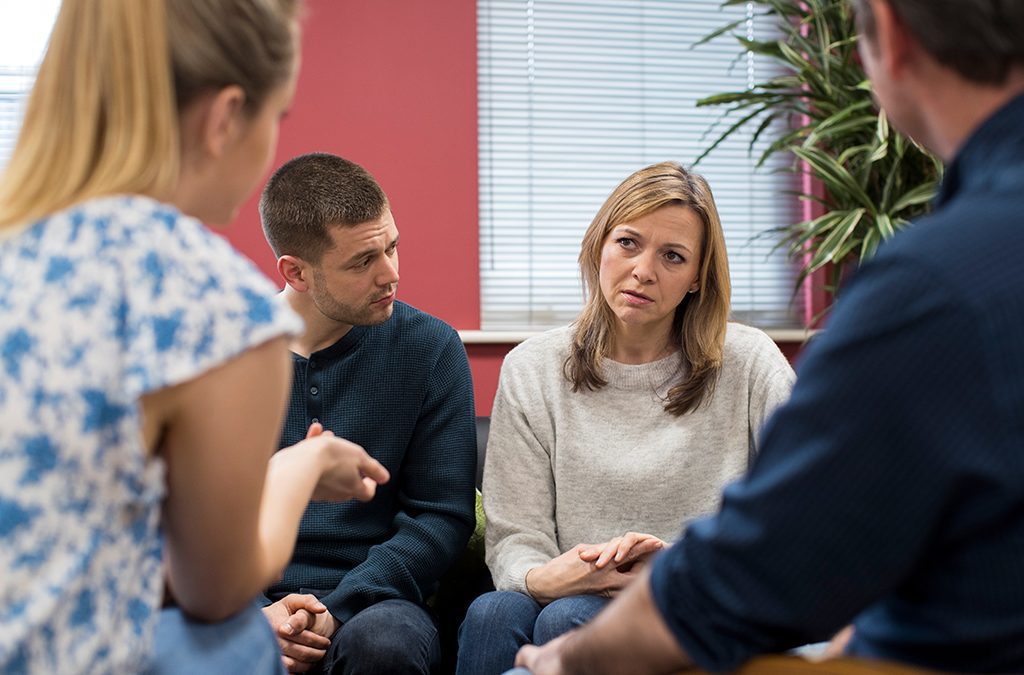
Roy’s social prescribing story : Avoiding over dependency
Roy takes us through his experience of working with clients living with dementia and the issues of overdependency on the support that he provides.

Tony’s social prescribing story : Identifying community resources
Tony is a Care Coordinator working in a PCN in rural Southwest England. Tony shares his experience of identifying resources in the community to meet the needs of his clients with dementia.

Why it is important to plan your care
We share some common questions and concerns people have about making plans for living a life with dementia. These explain why it might be important to start making plans for your health, wellbeing and support.

2.1 Feelings you may have after being told you have dementia
Understanding your feelings is a key step in moving forward with dementia

2.2 Managing how you feel about life with dementia
Be confident and positive in your life with dementia

2.3 Telling others about your dementia diagnosis
Your dementia diagnosis affects others too. Share your diagnosis and move forward with dementia

2.4 Manage how others treat you
Strategies for when others treat you differently because you have dementia

2.1 Your emotional reaction to the dementia diagnosis
Coming to terms with a diagnosis of dementia is a key step in moving forward

2.2 Talking about dementia
Sharing a dementia diagnosis helps others to understand it and for you to come to terms with it

2.3 Managing how others treat you, and the person you support
Managing when others treat you differently because of dementia.

1.1 Understand your dementia diagnosis
Know your dementia.
Understand your symptoms and treatment options to help you take steps to adapting to life with dementia.
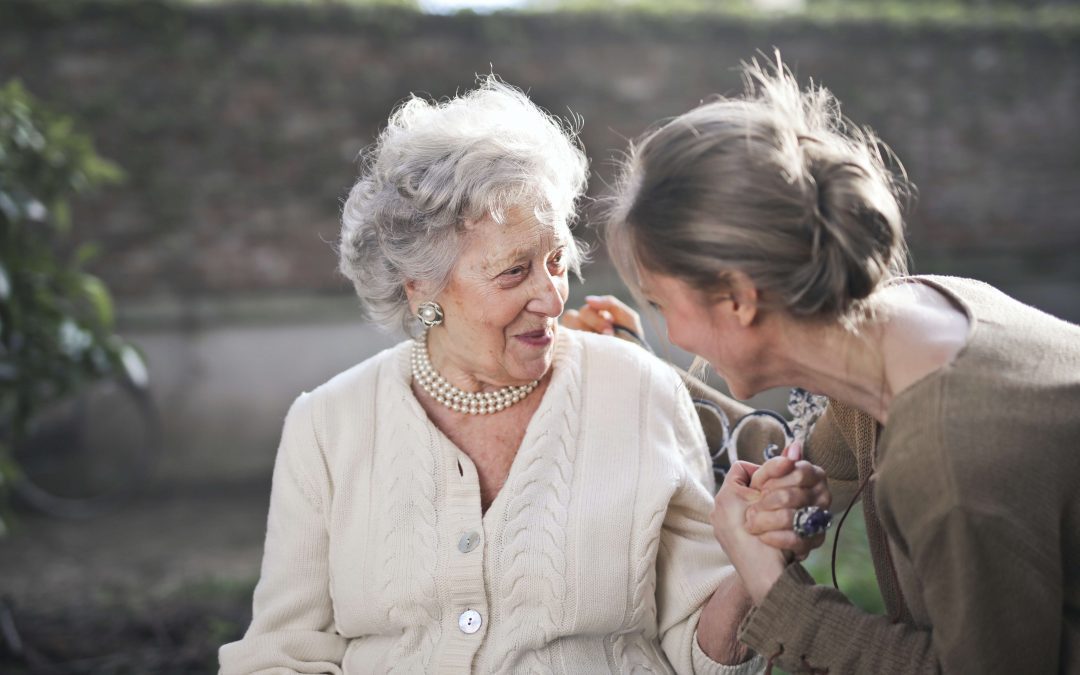
1.2 Adapting to your dementia diagnosis
You can adapt to dementia and continue living your life

1.3 What may happen in the future
Knowing about future dementia changes may help you prepare

1.1 Understanding dementia helps to live positively with the condition
Getting advice and learning from others can help you and the person you support better understand dementia to live more positively
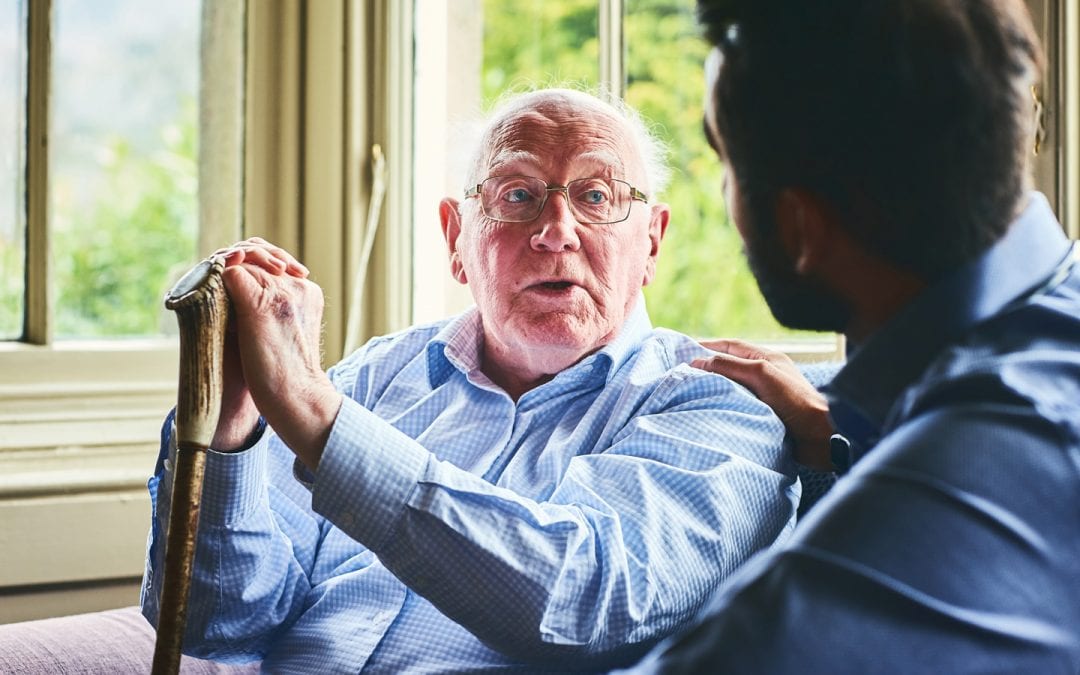
1.2 A dementia diagnosis can help you adapt
Getting advice and learning from others can help the person you and the person you support better understand dementia to live more positively.

1.3 Planning helps deal with the uncertainty of the future
Knowing how the future may change with dementia can help you prepare support and care.
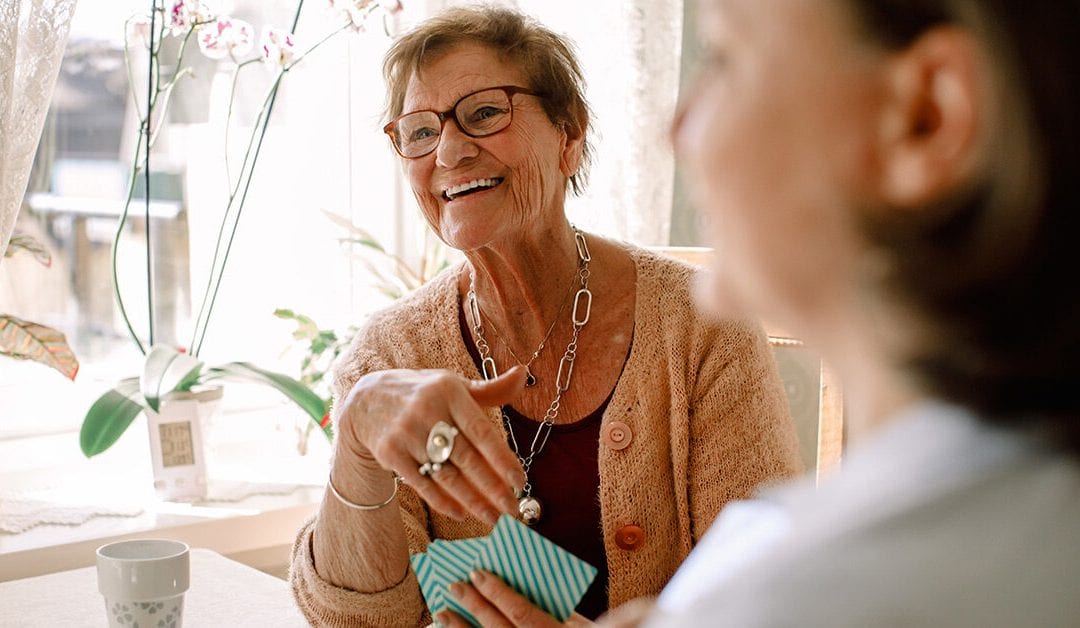
3.1 When dementia gets in the way of living a meaningful life
Find therapies and strategies to help you live a meaningful life with dementia
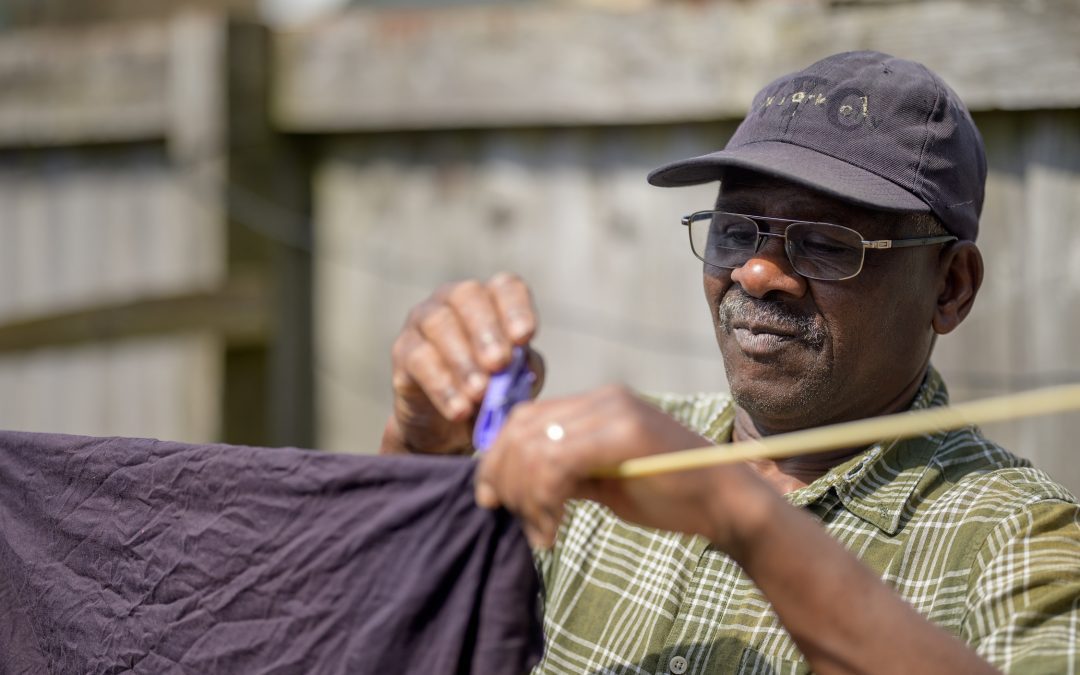
3.2 Managing memory and thinking difficulties
Strategies, therapies and medications to help with your memory and thinking

3.3 Managing driving
Driving with dementia and other transport options

3.4 Managing difficulties at home
Strategies and therapy to help your life at home

3.5 Managing with difficulties when out
Strategies and therapies to help you talk to others and manage everyday activities

3.1 Managing memory, thinking and perception difficulties
Strategies, therapies and medications to help with memory and thinking

5.1 Plan for now
Plan for this year, have conversations, work out how to achieve your plans

5.2 Plan services for support
Get support in place as you plan for now and the future
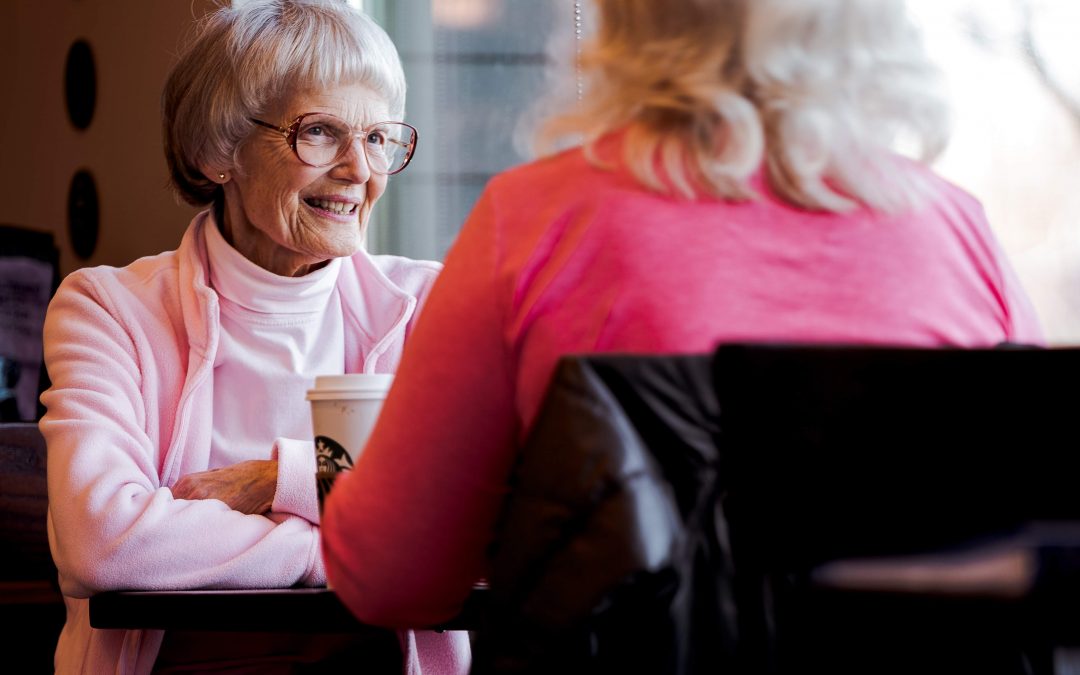
5.3 Plan ahead
Put written plans in place now to help with making decisions in future

4.1 Boost your physical health
Exercise, diet, sleep and health care to boost your physical and brain health

4.2 Boost your brain health
Build emotional resilience, be mentally and socially active to boost your brain health

3.2 Managing driving
Keeping or stopping driving after a dementia diagnosis
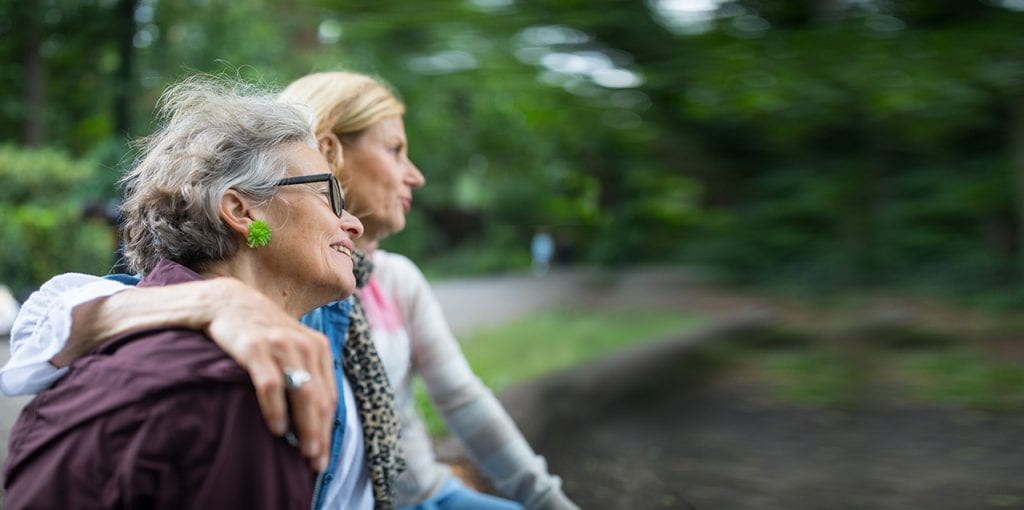
3.3 Managing symptoms when out and about
Helping the person you support to keep going out and socialising with others

3.4 Managing symptoms at home
Solutions and methods to help with life at home

4.1 Taking care of your health and living well
Look after your own health, to help you both move forward with dementia

4.2 Taking care of your wellbeing
Look after your own health, to help you both move forward with dementia.

4.3 Look after your emotional and mental health
Look after your feelings and stay connected with others to manage challenges of caring.
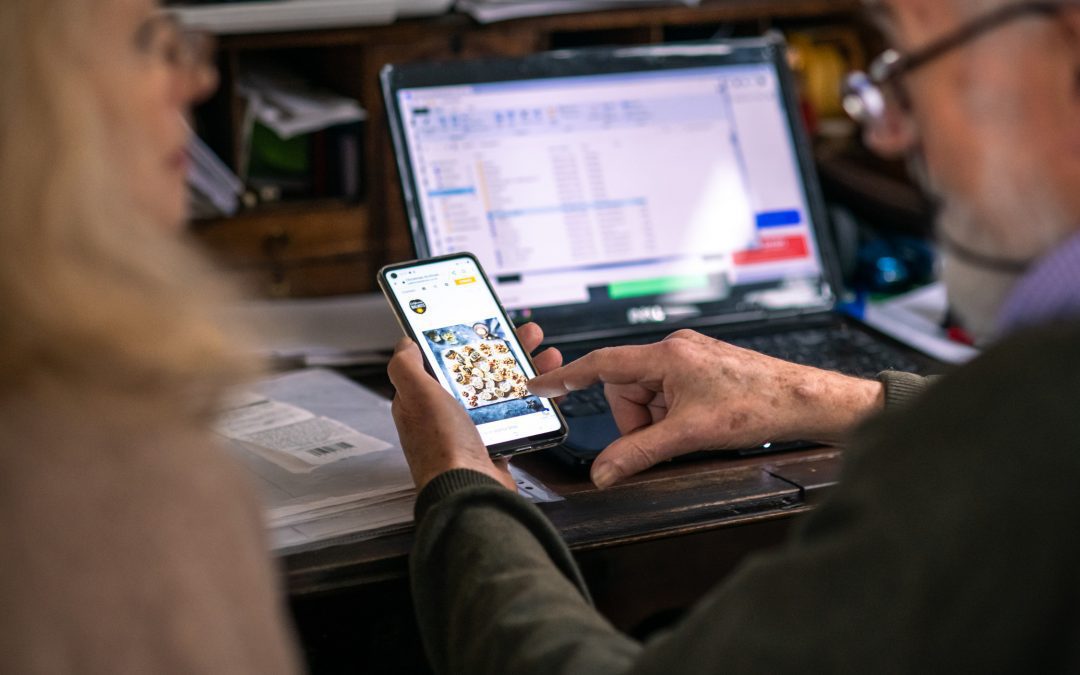
5.1 Plan for now
Plan for this year, have conversations, look into services

5.2 Plan services to get support
Get support in place as you plan for now and the future

5.3 Plan ahead
Get written plans in place to help you share your wishes for the future

3. Connecting people with dementia to support
Connecting people with the right support at the right time.

2. Responding to the person’s needs at their dementia diagnosis
Sensitively managing reactions to a dementia diagnosis.

5.1 Support shared decision making and planning ahead
Help the person with dementia and their carer to plan healthcare and wellbeing as they move forward

4. Supporting changes due to dementia
Helping the person and their carer understand and manage changes.

5.2 Practical support for shared decision making and planning ahead
Practically support shared decision making and planning ahead to move forward with dementia.

1. Help the person and carer move forward with their dementia diagnosis
Giving an informed, person-centred dementia diagnosis to help people move forward.

1.2 I think my client has dementia – what should I do?
By finding out if your client has a dementia diagnosis, you may be able to help them to manage these changes.
It might be helpful to talk to your client and their family, friend, or advocate about your concerns with your client’s permission…

5.2 The law and decision making
It is important to remember that there are laws to make sure that everyone including people living with dementia are included in making decisions about their health and wellbeing.
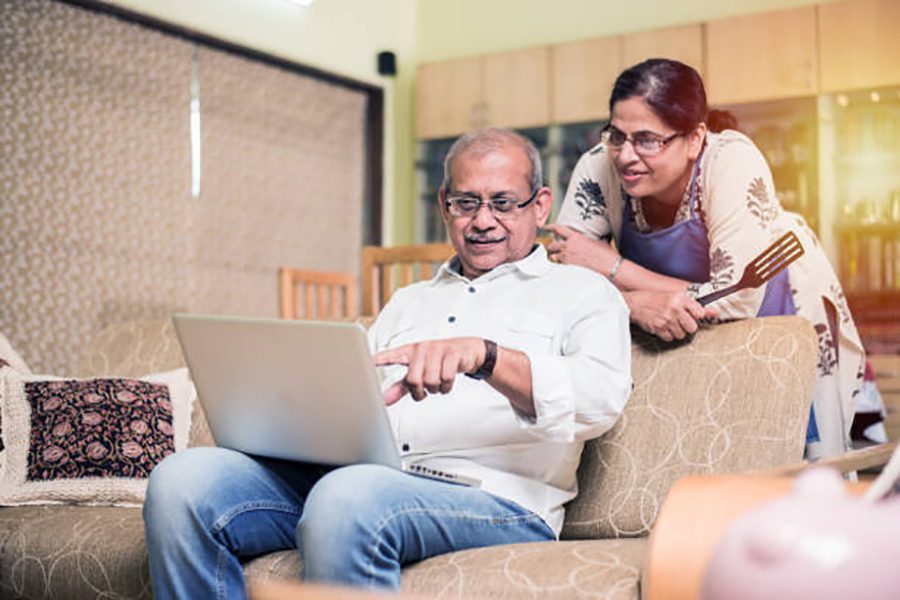
1.1 Recognising dementia can help you provide good support
Recognising common signs of dementia may help you look after the people you support

5 Supporting everyday decisions
We explain ways in which people living with dementia can continue to make decisions and who might help them to make important decisions.

Signposting to social care
helping people living with dementia decide what support is right for them As a healthcare professional, you may already understand how to connect people to social care. However, understanding what support is on offer and how to navigate the system can often be difficult for people with dementia and those who care for them. This article summarises key information to help the person with dementia to connect with social care.

Getting started with social care
Deciding what support is right for you and the person you support.

Supporting people living with dementia to engage with care
Sharing a dementia diagnosis helps others to understand it and for you to come to terms with it

Effective communication to support people living with dementia
Understand how your client may communicate with you, so you can best support them.

Helping the person you support to accept care services and support
Help the person you support to engage with and accept social care services

Look after your own health, safety and mental health
Look after your health, feelings and safety to manage challenges of caring.

Training and information resources to help you provide support
Boost your skills and knowledge about dementia care – take a training course or find educational information

3.6 Managing your money
Find ideas to help you manage your money and finances independently and with support of people you trust

Managing Money
Help the person you support to manage their money safely and independently
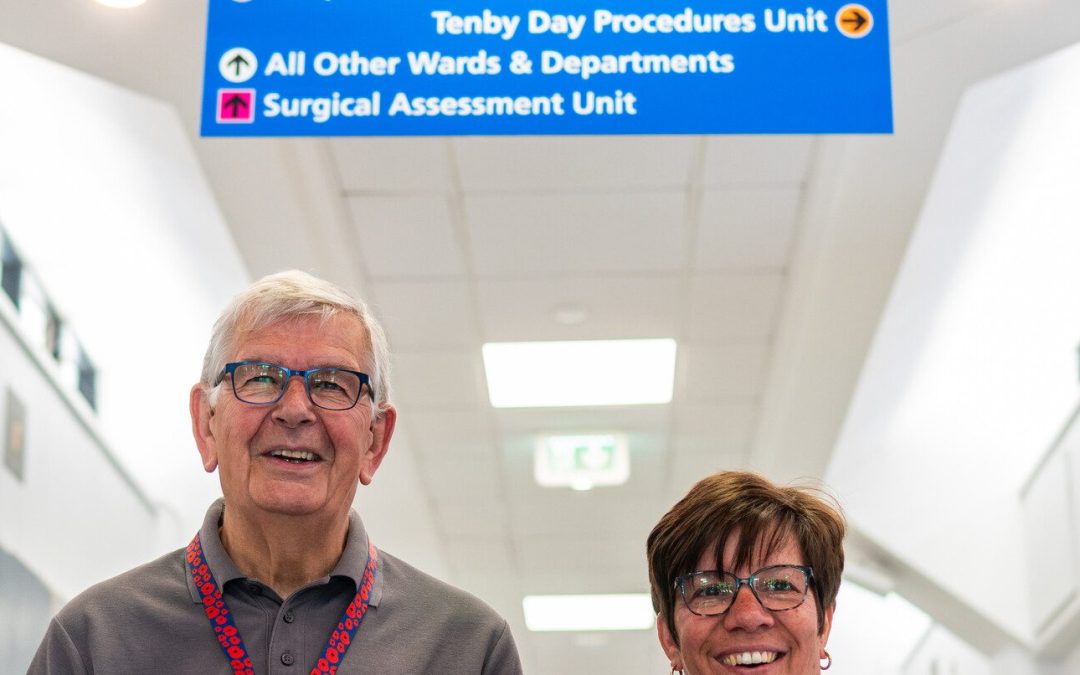
3.8 Managing a hospital stay
Helping you to get the best treatment and care during your hospital admission

Munjal’s social prescribing story : Making first client contact
Munjal is a social prescribing link worker for GPs in a large city in Northwest England. Munjal shares experiences and suggestions to address the challenges of people with dementia struggling to engage on first contact.
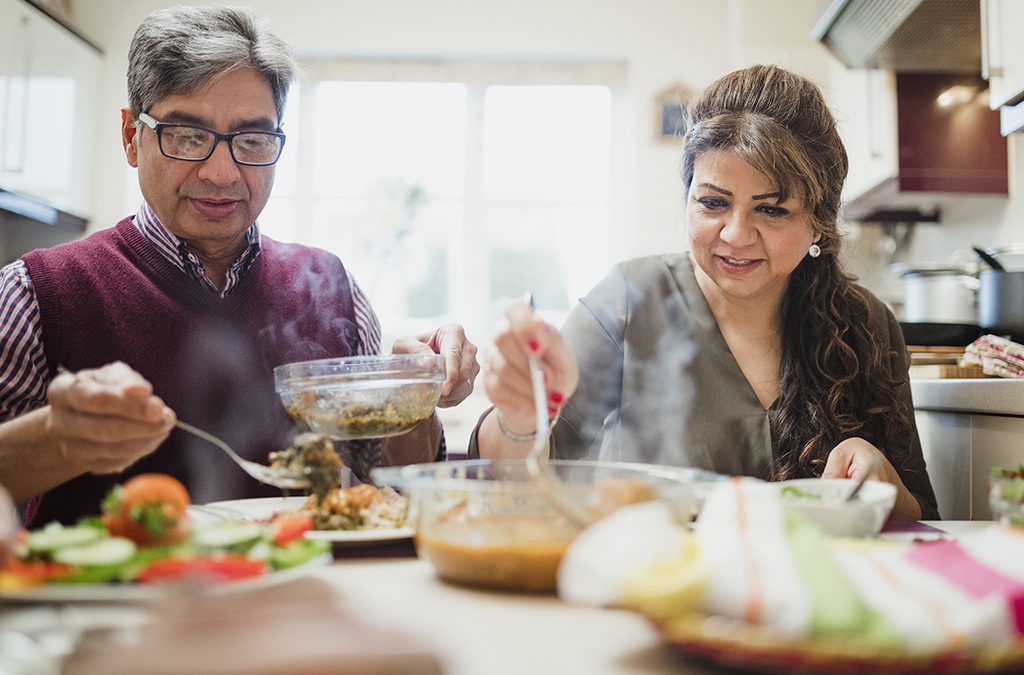
Dionne’s social prescribing story : Building rapport for clients with dementia
Dionne is a social prescribing link worker in a large city in the West Midlands. She shares her experience of building rapport with clients with dementia.

Danielle’s social prescribing story : Pre contact preparation
Danielle is a social prescribing link worker in a PCN. They share their experience of routine pre-contact stages and some insight and tips on how to prepare to support a client with dementia who has been referred to them.

Marco’s social prescribing story : Professional training
Marco has recently started working in a PCN in London. He shares his insight into the dementia training as well as some tips to enhance professional skills to support clients with dementia.
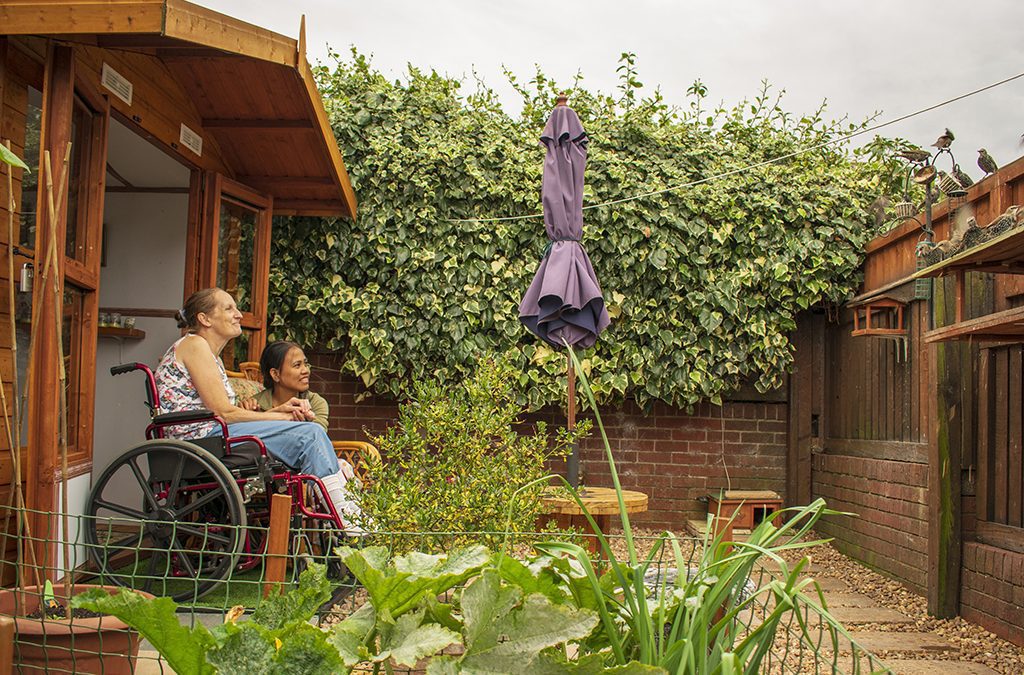
Cat’s social prescribing story : Safeguarding your emotional wellbeing
Cat is a Health and Wellbeing Coach. She shares her experience of the impact on her emotional wellbeing of supporting clients with dementia and their families, and some strategies and tips that can help.



